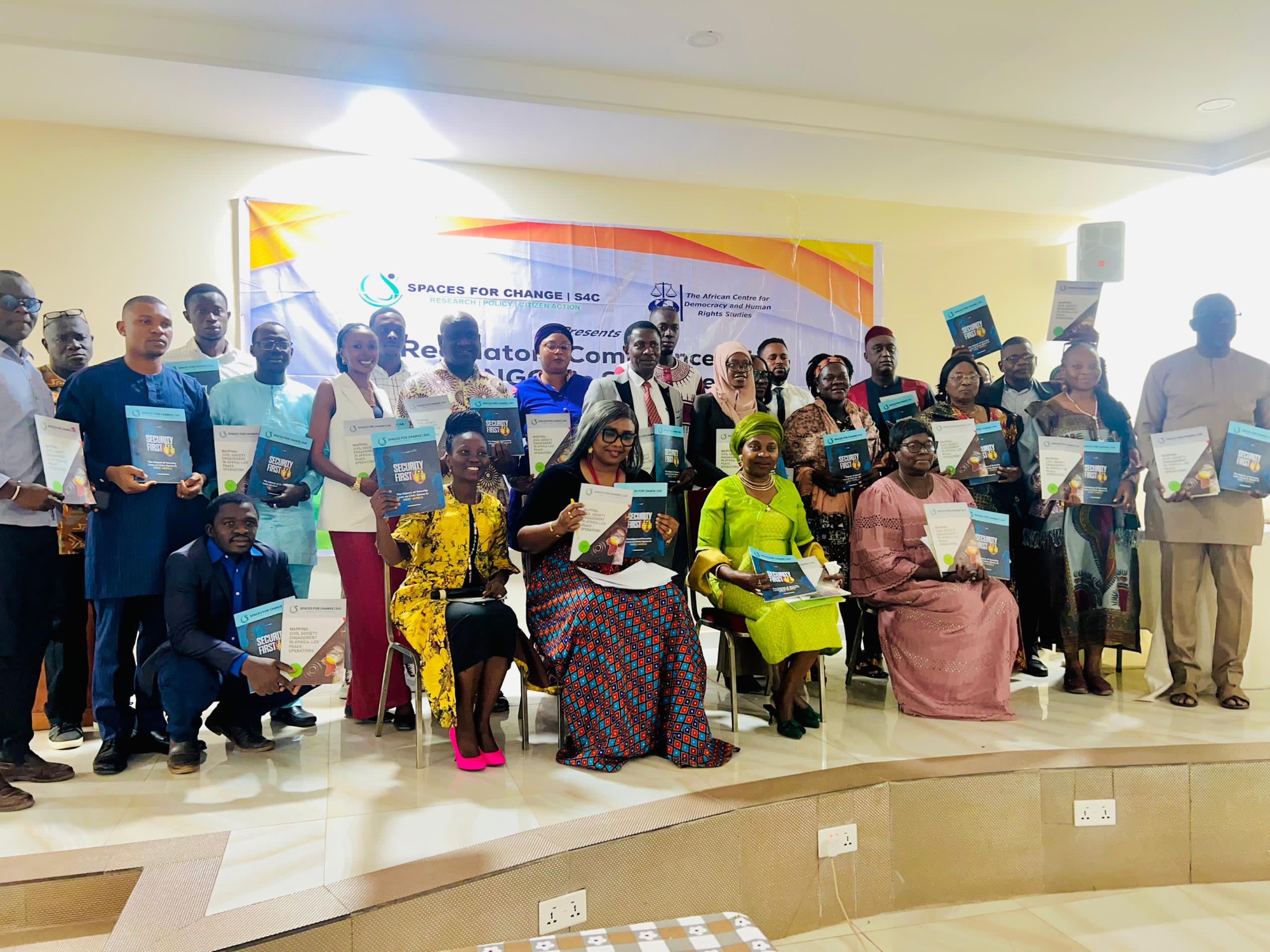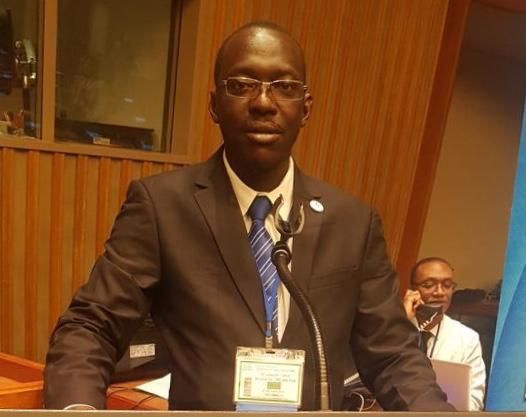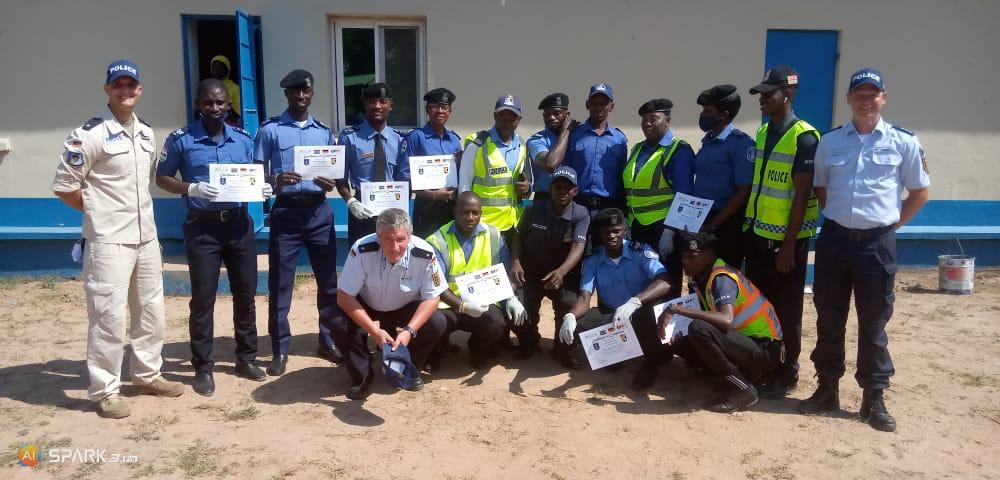By: Isatou Sarr
Spaces for Change in collaboration with the African Centre for Democracy and Human Rights Studies (ACDHRS) last Wednesday launched a report on regulatory compliance for Civil Society Organizations (CSOs) in The Gambia and Sierra Leone.
The report was launched in a two-day regulatory compliance clinic held at the Baobab holiday resort.
The clinic brought together key stakeholders from civil society organizations, regulatory bodies and subject matter experts with the objective of providing them a platform to discuss the report’s findings and their implications for compliance practices in the West Africa region.
Speaking on behalf of the ACHPR commissioner Hon. Remy Ngoy Lumbu at the launch, Hon. Dr. Litha Musyimi-Ogana, Commissioner ACHPR, described the Regulatory Compliance Clinic’s initiative as timely as, according to her, CSOs are increasingly at the forefront of addressing critical societal challenges, including poverty reduction, human rights promotion and protection, and strengthening democracy and good governance.
“The challenges facing non-profit organizations and non-profitable organizations in the region are multifaceted and, in some cases, deeply entrenched. Chief among these is compliance with a growing array of laws and regulations. These requirements, while often designed to ensure transparency and accountability, can be overly complex or burdensome, especially for smaller organizations operating with limited capacity as raised in the concept note of this convening,” she highlighted.
Commissioner Lithia highlighted that the consequences of non-compliance are severe, adding that organizations that fail to meet their regulatory obligations face penalties, legal challenges, and reputational harm.
“In some instances, non-compliance has led to the suspension or closure of NPOs, leaving critical gaps in service delivery and advocacy. This makes it imperative for CSOs to not only understand the laws and regulations that govern their activities but to actively engage with policymakers to create frameworks that are fair, transparent, and enabling,” she added.
She explained that the commission is currently undertaking several initiatives aimed at further strengthening the role of CSOs and protecting human rights defenders.
“These include a study to assess the level of compliance of national legislations with the Guidelines on Freedom of Association and Assembly in Africa, which will provide critical insights into areas requiring reform; and the development of the African Declaration on the Promotion of the Role of Human Rights Defenders and their Protection in Africa, which will serve as a key instrument for safeguarding the rights of those working to advance justice, equality, and accountability,” further explained Dr. Litha.
Hannah Forster, the executive director of ACDHRS said the goals of the training aimed to equip participants with knowledge of laws and regulations, governing the NPO sector, strengthen participants’ capacity to mitigate risks associated with money laundering and terrorism financing, enhance institutional capacity for sustainable compliance and operational excellence.
She stressed that the civil society has a critical role to play in advancing democracy, human rights, and sustainable development in West Africa, highlighting the increasing complexity of regulatory environments and the challenges NPOs face in meeting compliance standards, particularly smaller organizations with limited resources.
Madam Forster encouraged participants to view the training as a platform for knowledge-sharing, networking, and building partnerships to collectively address compliance challenges.
She reaffirmed ACDHRS’s commitment to supporting the work of CSOs in advancing democracy and human rights, and ensuring they operate in a safe, compliant, and enabling environment.





